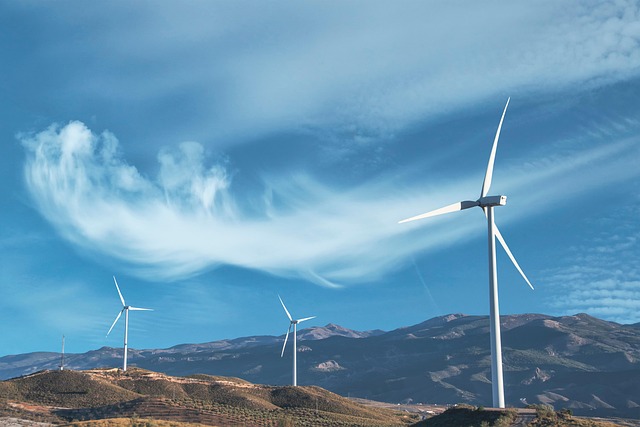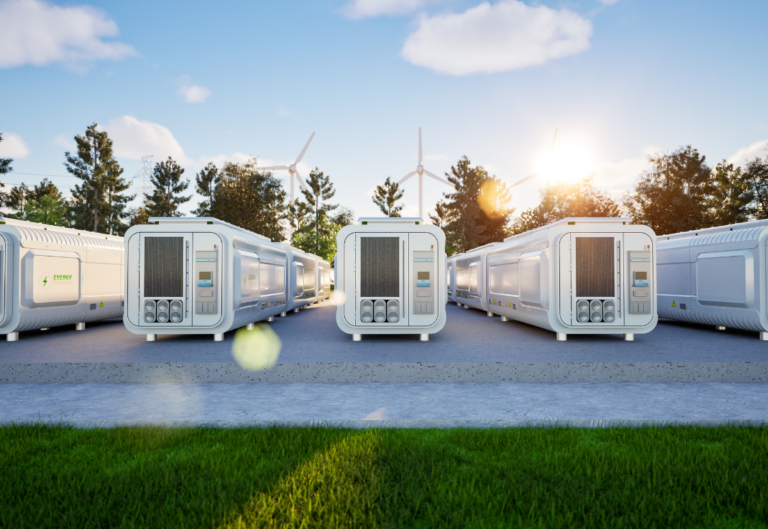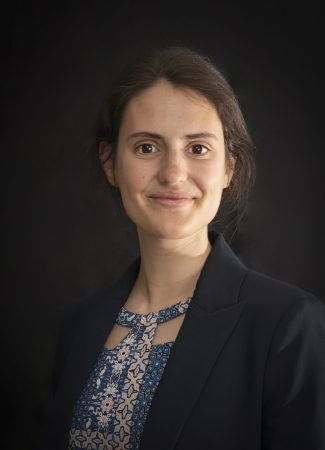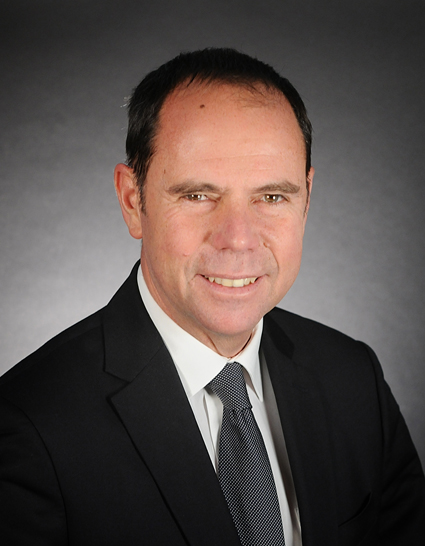The capacity market à la française is a complicated creation: the NOME [New Organisation of the Market for Electricity] law in 2010, a decree in 2012, two decisions in 2015 and 2016. The capacity market à la française is a cumbersome, 209-page-long body of rules (available in French only, because it’s probably very difficult to translate into another language). The capacity market à la française is also about change: a new decree, a new decision, and therefore a new, longer edition of the rules are expected in 2018.
On the other hand, one clear point seems to be emerging from this regulatory cabaret: the price of capacity!
The sole capacity auction in 2016 was framed by limited, simple parameters:
- Minimum volume up for sale: 25% of EDF’s certified capacities
- A maximum price: set at €20,000/MW
- And therefore an auction result that sets the market reference price: at 10,000€/MW
A comprehensible and quite logical equation seems to be emerging (where AL refers to the supply year):
PrmAL=PadmAL/2
In 2018, this algebra will quickly become complicated…
We won’t dwell on the auction of 27 April 2017 for the 2017 supply year which, with only 500 MW exchanged, had the virtue of confirming the price of the 15 December 2016 auction.
2018 supply year: things are becoming complicated with 2 auctions, on 9 November and 14 December. Astonishing! Not only is the capacity value not reaching 15,000€/MW ; the price is even (slightly) down! Fortunately, some consistency is emerging from these auctions, which seem to be a copy-paste of both the price (~€9,350/MW) and the volume (~11GW each; in total, on the same order of magnitude as the volumes exchanged in 2016).
This consistency therefore naturally leads us to revise our linear regression calculations which tell us (without going into the details or the level of sophistication of our calculations):
PrmAL=CoûtCapaNucléaireAL [PrmAL = CostNuclearCapaAL]
2019 supply year: the situation becomes even more complicated, to a significant extent
- We didn’t yet have the results of the second auction for AL2018 with its beautiful consistency before the AL2019 auction (simultaneous auctions scheduled for 14 December)
- For the only auction in 2017, the minimum volume up for sale had to be: [Max(25% of EDF certified capacities,50% of EDF available capacities]
- 4 other auctions planned in 2018 for AL2019, of which the first 3 have no requirements regarding volumes for sale (and still none regarding purchases)
- An uncertain competitiveness for the ARENH – with a market price around €41/MWh, the ARENH should be competitive over the year, very competitive in the first half, but possibly not in the second half – which makes the supply-demand balances regarding capacity for the key players just as uncertain
The somewhat disconcerting results of this auction clearly reflect the complexity of its parameters:
- A generous offering: over 40GW
- Extremely weak demand: less than 1GW market order (€40,000/MW), reflecting a certain disenchantment on the part of the suppliers. This may become a subject of concern for the proper functioning of the mechanism
- Very low volumes being exchanged: 1,220.20MW
- A discernible rise in the capacity price (€12,999.80/MW) without quite matching the price offered for nuclear capacity (which we strongly suspect to be around €15,185/MW)
Beyond a few concerns regarding the proper functioning of the market (certain disenchantment in terms of demand), we have to acknowledge that the number of parameters and unknowns surrounding the capacity market exceeds our ambition for finding the martingale that governs this market. One constant emerges, however: the French electricity sector is still very much dominated by nuclear generation, and will remain so until at least 2030-2035, with a share of over 50%. It is therefore logical that the cost of this production be clearly reflected in the price and in electricity, a price which is itself indeed made up of an energy component AND a capacity component.
Philippe Boulanger






